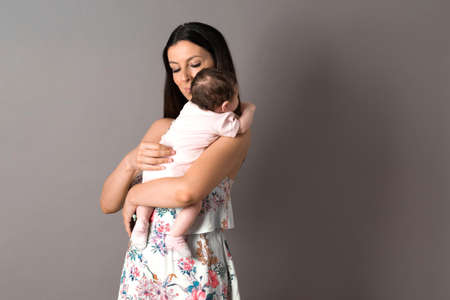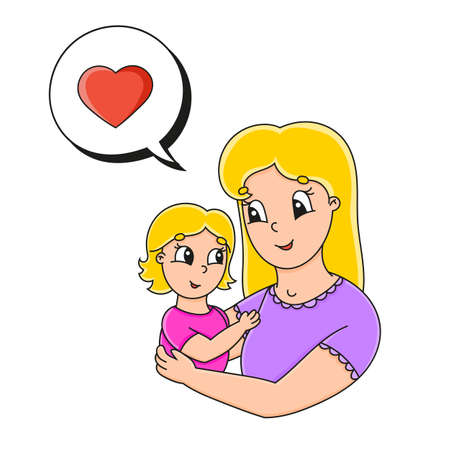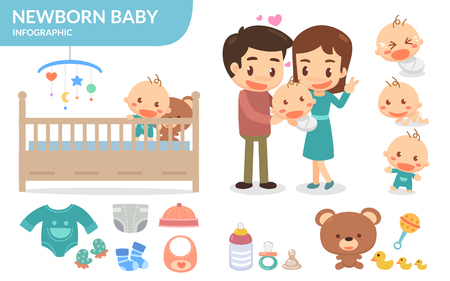A Parent’s Handbook to Recognising and Treating Baby Coughs and Colds According to UK Standards
Understanding Baby Coughs and Colds in the UKAs parents in the UK, understanding how coughs and colds affect our little ones is essential for their wellbeing. Babies and toddlers are particularly susceptible to respiratory illnesses due to their developing immune systems. The UKs unique climate—with its cool, damp winters and unpredictable weather patterns—can further increase…







